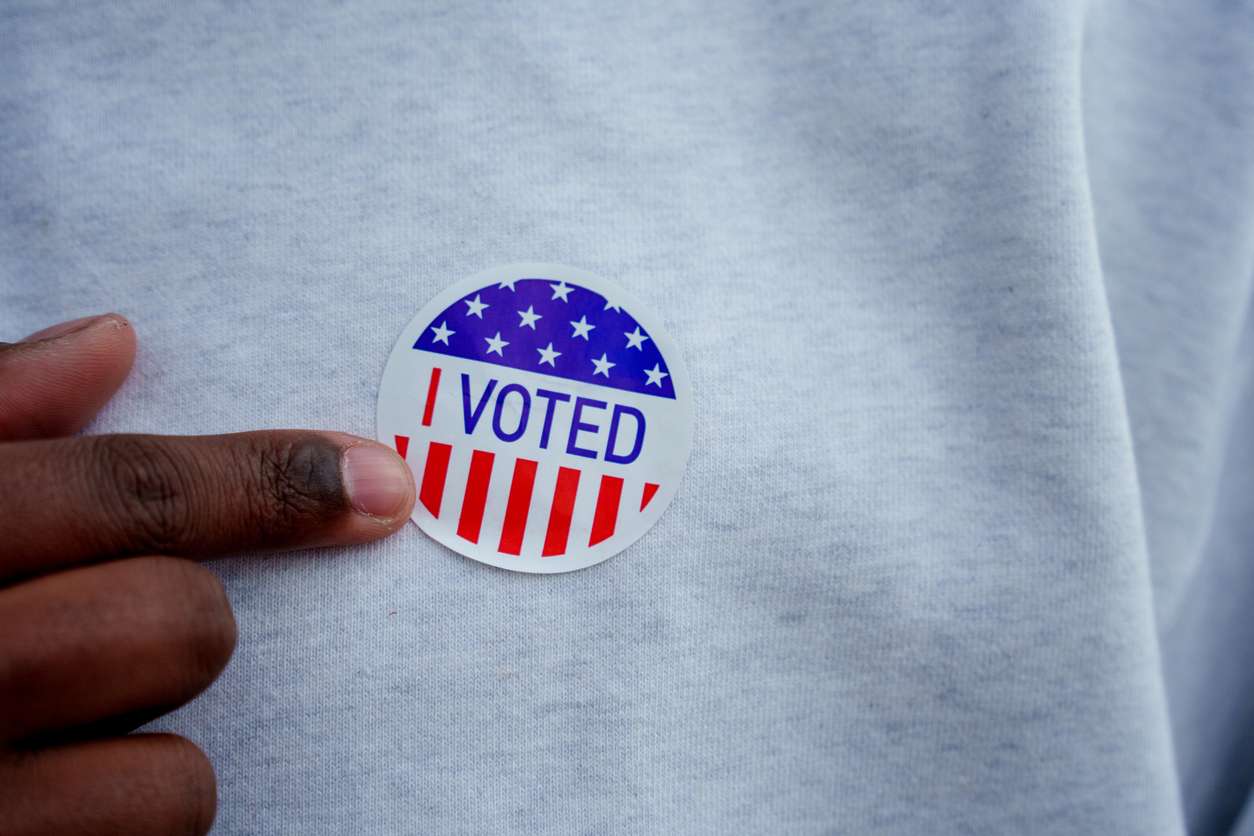The time has finally come to see how Americans have decided our fate these next few years, and that reality can be overwhelming.
Election Day anxiety is actually really common for many people, especially when emotions and stakes feel high.

Here are some ways to keep Election Day stress in check:
1. Limit News Consumption
While staying informed is important, overloading on news can heighten anxiety. Aim to check updates only at specific times rather than constantly scrolling or watching. Select a few trusted sources for reliable, factual reporting, and avoid sensational headlines or social media speculation.
2. Accept Uncertainty and Prepare for Delays
In many elections, especially ones with high voter turnout and mail-in ballots, it may take time to determine final results. Recognize that this is a normal part of the process. Accepting that you may not have immediate answers can help you avoid feeling on edge as you wait.
3. Stay Engaged in Positive Actions
Focusing on what you can control, such as voting, volunteering, or supporting others in getting to the polls, can help shift your focus from stress to action. Volunteering for voter assistance or helping with nonpartisan initiatives can offer a productive outlet.
4. Take Breaks for Self-Care
Self-care is essential on Election Day. Schedule activities that help you relax, like going for a walk, meditating, or spending time on hobbies. Exercise, even in small amounts, can release endorphins and improve mood.
5. Practice Mindfulness Techniques
Mindfulness exercises, such as deep breathing, grounding exercises, or short meditation sessions, can help you remain calm. If you’re feeling particularly anxious, try the “5-4-3-2-1” grounding technique: identify five things you can see, four things you can touch, three things you can hear, two things you can smell, and one thing you can taste. This can help bring you back to the present.
6. Set Boundaries for Conversations
This is extremely important in order to maintain your peace: Political conversations can be unavoidable, but they don’t have to escalate stress. Set boundaries with family or friends if discussions become too tense. It’s okay to excuse yourself or suggest waiting until after Election Day to talk politics.
7. Have a Plan for After the Election
Now, this is a hard one for most of us (if not all of us). Consider planning something positive, regardless of the results—like a movie night, a walk in the park, or dinner with friends. Knowing you have something to look forward to can help you stay grounded, even if emotions run high.
8. Stay Connected to a Supportive Community
Reach out to people who can empathize with your concerns and offer support. A simple phone call or text conversation can remind you that you’re not alone in feeling anxious, and it can be therapeutic to talk with people who understand. But don’t dump your anxiety on other– they might be just as anxious!
9. Focus on Long-Term Civic Engagement
Remember that the impact of voting goes beyond a single day. Engaging with local issues, supporting causes you care about, or even volunteering year-round are ways to stay involved in a positive way.
By focusing on healthy coping strategies and maintaining balance, you can keep Election Day stress in check and stay engaged in the democratic process without feeling overwhelmed. Happy Election Day, folks, and thank you for making your voice heard, no matter the outcome.








